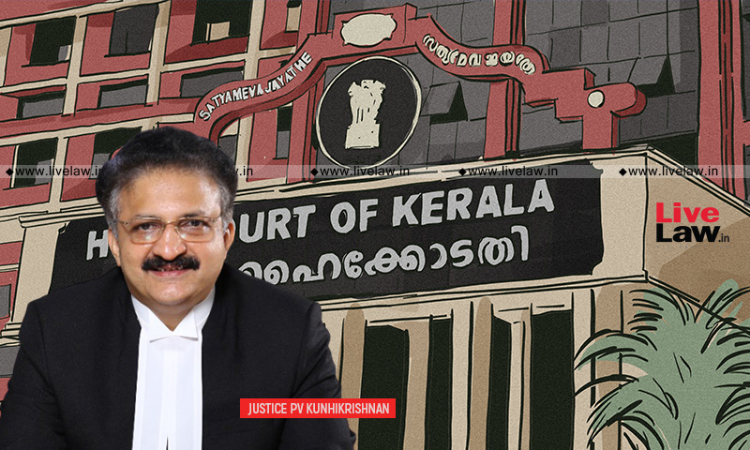Legal Advice Given By Advocate General To Government Exempted From Disclosure Under RTI Act: Kerala High Court
Navya Benny
30 Sept 2022 7:08 PM IST

Next Story
30 Sept 2022 7:08 PM IST
The Kerala High Court on Friday held that the legal advice rendered by the Advocate General to the Government is exempted from disclosure under Section 8(1)(e) of the Right to Information Act, 2005 (RTI Act, 2005) as the relationship between the two constituted a fiduciary relationship.Justice P.V. Kunhikrishnan in the ruling said:"...there may be delicate and sensitive issues, in which...
